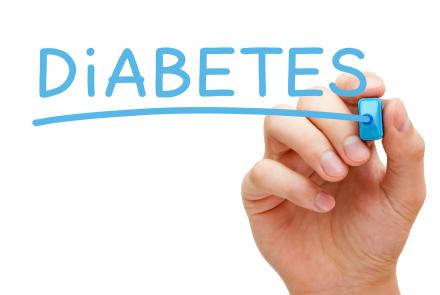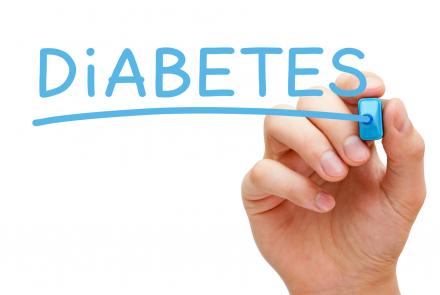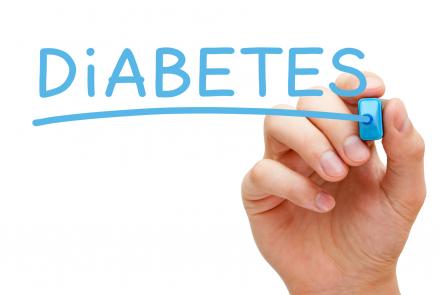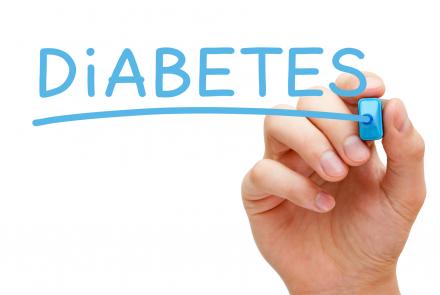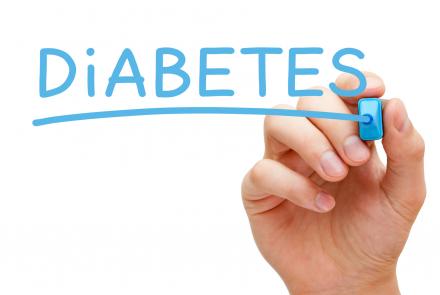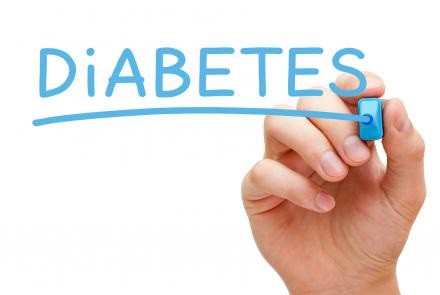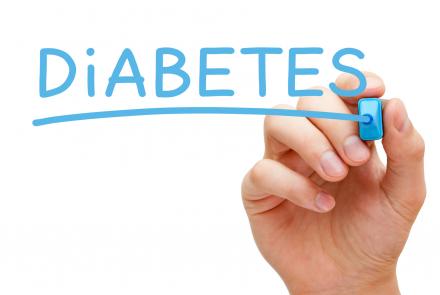
Diabetic retinopathy is an increasing cause of blindness in persons with diabetes. Senior Ophthalmologist Dr Charu Gupta answers your questions, clears misconceptions and separates the facts from the myths.
What is diabetic retinopathy?
Diabetes can cause changes to the blood vessels of the retina, leading to blindness. This is called diabetic retinopathy.
I have good eyesight. I don’t have to worry about diabetic retinopathy.
Unfortunately that is not true. Many patients with severe proliferative diabetic retinopathy can present with 20/20 or 6/6 vision. This potentially blinding condition can be prevented by having a dilated retinal examination, followed by the treatment recommended by your eye surgeon.
Having good eyesight definitely does not mean you do not have diabetic retinopathy.
I have heard that only patients with Type 1 diabetes, who are insulin dependent, are at risk of developing diabetic retinopathy.
This is not true. Anybody with diabetes could develop retinopathy. Although the percentage of patients with Type 1 or insulin dependent diabetes getting retinal involvement is higher, in terms of numbers, more patients with Type 2 diabetes mellitus lose their sight as the total number of patients with non-insulin dependent disease is much higher.
I exercise and manage my weight. Should I worry?
Although a sedentary lifestyle and metabolic instability increase the risk of developing diabetic retinopathy, it can develop in non-obese, active individuals, too.
My blood sugar is under control now. I should be safe from diabetic retinopathy.
Development of retinopathy is closely linked to the duration of the disease with the damage occurring over years. Other factors are also involved, like control of the blood sugar, blood pressure and cholesterol levels. Since it occurs gradually over a period of time, you cannot reverse it suddenly with good control over a short period.
I have high blood pressure. How does that affect my eye health?
Elevated blood pressure plays an important role in the progression of retinopathy. The other major metabolic factors are blood lipid levels and kidney functions. Control of all these is a must to decrease disease progression as well as to improve your response to the treatment.
I have diabetic retinopathy. Will exercise further damage the blood vessels in my eye?
This is not true. Most such patients are encouraged to undertake physical exercise. Only few patients with proliferative diabetic retinopathy – an advanced form in which bleeding or risk of a bleed is high – need to avoid vigorous exercise. Your retina specialist would be the best guide for this.
Is laser treatment safe? Could I go completely blind?
Laser therapy is still the gold-standard for treatment of diabetic retinopathy. Large trials have shown that it reduces the chances of bleeding and decreases macular edema. The effect, however, of this treatment is not immediate and you may have some initial blurring of vision. But this is temporary. Laser treatment is stabilising and should be considered to avoid blinding retinopathy.
I have retinal edema due to diabetes and have been recommended an injection. Will one injection be enough or will I have to repeat the treatment?
Recently intravitreal injections of anti VEGF agents such as Avastin or Lucentis and steroids have been found to be very useful for reducing retinal swelling (macular edema) and to decrease the chances of bleeding. However it must be noted that these have a limited duration of action, and may need to be repeated multiple times and should be combined with a good metabolic control.
Will vitreous surgery restore my normal vision?
The visual improvement post-surgery would depend upon the status of the nerve of the eye (optic nerve) as well as that of the central retina. The surgery would help clear off the blood from the front of the retina and help restore the retinal anatomy. However damage to the cells of the retina or the optic nerve can be irreversible. Talk to your doctor about the prognosis so your expectations are realistic.
Will my retinal surgery stop the bleeding in the eye?
Nowadays with the latest vitreoretinal techniques, chances of surgical success have increased significantly. However there are still small chances of re-bleeds in the eye. These normally clear well spontaneously so the patients should not get despondent in such cases. Some cases may require a vitreous lavage (a wash-out procedure) and/or repeat injection of anti-VEGF agents.
Read here to understand more about management of diabetic retinopathy
Listen to the video below to understand more on Diabetic Retinopathy




